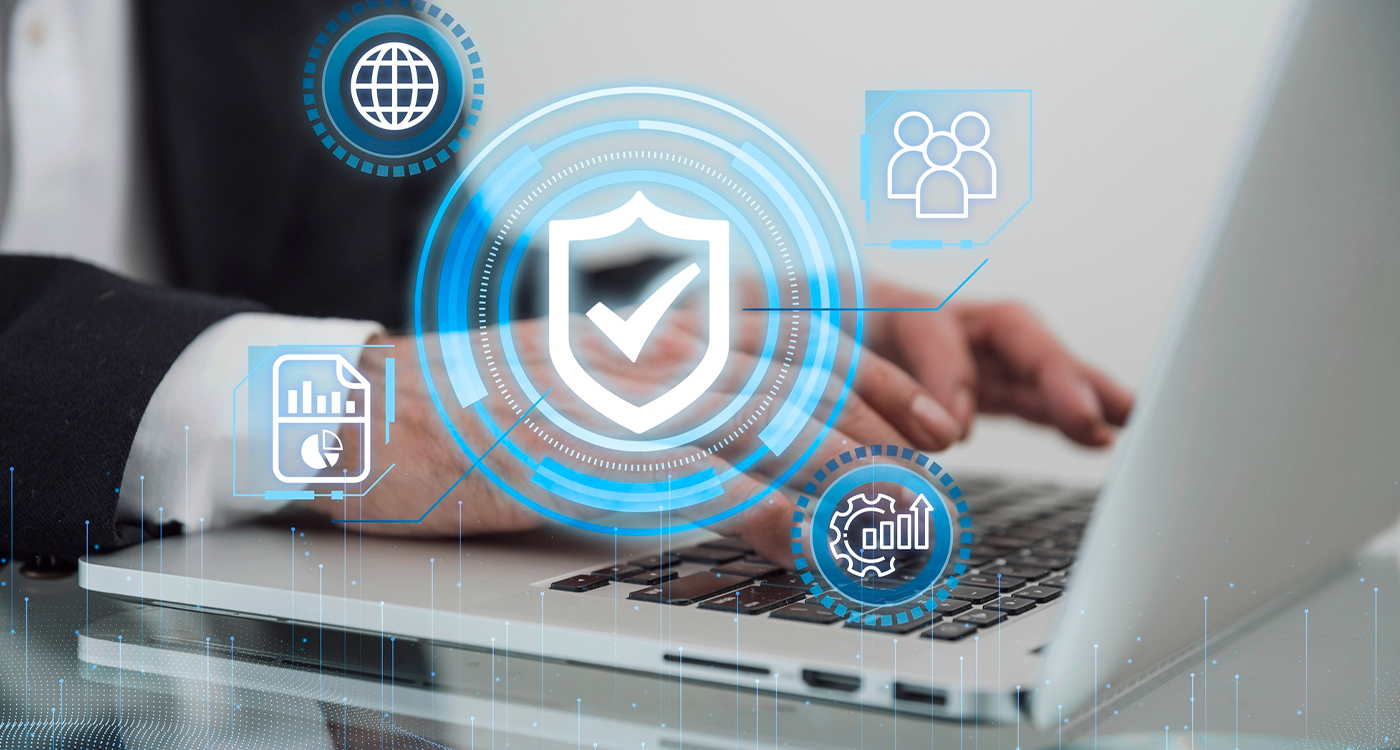
In today’s interconnected world, ensuring the authenticity of customer identities has become critical for businesses across industries. Fraud, money laundering, and other financial crimes are on the rise, making it imperative for organizations to adopt robust verification practices. One such practice is Know Your Customer (KYC) verification, a standardized approach to verifying the identity of customers.
This guide delves into what KYC verification is, who uses it, how it works, and the key benefits it offers. We’ll also explore real-world examples, various types of identity verification, and how businesses can leverage KYC to build trust and comply with regulations.
What Is KYC Verification?
KYC verification is the process by which businesses authenticate the identity of their clients. It involves collecting and verifying personal information such as name, address, date of birth, and government-issued identification.
KYC aims to ensure that customers are who they claim to be, and it is essential for both regulatory compliance and business integrity. The process is designed to combat illegal activities such as:
Money laundering: Criminals attempt to disguise the origins of illegally obtained money by passing it through legitimate financial systems.
Fraud: Fake identities are often used to gain unauthorized access to financial resources or services.
Terrorism financing: Verifying identities helps prevent the use of financial systems for funding illicit activities.
KYC requirements are mandated by regulatory bodies globally, such as the Financial Action Task Force (FATF) and Anti-Money Laundering (AML) regulations. Compliance is critical for businesses to avoid hefty penalties, safeguard their reputation, and foster customer trust.

Who Uses KYC Verification?
KYC verification isn’t just limited to banks; it’s used across various sectors to ensure transparency and prevent fraud. Let’s look at some industries where KYC plays a vital role:
Banks and Financial Institutions: Banks are required to verify the identities of customers to prevent fraudulent accounts and ensure compliance with AML regulations. From onboarding new customers to approving loans, KYC is central to financial operations.
Cryptocurrency Platforms: With the increasing adoption of cryptocurrencies, exchanges like Coinbase and Binance implement KYC to verify users and comply with global regulations. This helps deter illegal activities like money laundering and ensures legitimate trading.
Insurance Companies: KYC helps insurers verify the identities of policyholders, reducing the risk of fraudulent claims and ensuring that customers meet regulatory requirements.
Telecommunications: Providers verify subscriber identities during SIM card purchases to combat identity fraud and meet government-mandated requirements.
Online Gaming and Gambling Platforms: To ensure compliance with legal age restrictions and prevent money laundering, these platforms rely heavily on KYC processes.
E-commerce Platforms: Major online marketplaces use KYC to verify sellers and buyers, ensuring a safe and trustworthy shopping environment.
By using KYC, these industries protect their customers, comply with legal requirements, and maintain the integrity of their services.
KYC Verification Steps
KYC verification generally involves several steps, each designed to authenticate the identity of customers and assess their risk profile:
Customer Identification Program (CIP): This is the initial stage where businesses collect essential information, including the customer’s full name, date of birth, residential address, and a government-issued ID number. This information is typically cross verified with reliable databases.
Document Verification: Customers are required to submit documents like ID cards, passports, driver’s licenses, or other forms of identification. These documents are reviewed to ensure their validity.
Face Verification: Modern KYC procedures often involve biometric authentication. Customers may need to upload a selfie or undergo a live video verification to match their appearance with the ID provided.
Customer Due Diligence (CDD): This step assesses the customer’s risk profile by examining factors like their financial background, intended transactions, and affiliations. Higher-risk customers may undergo Enhanced Due Diligence (EDD).
Ongoing Monitoring: KYC isn’t a one-time process. Businesses continuously monitor transactions to detect suspicious activities and ensure compliance with regulatory requirements.
Each of these steps is essential for creating a robust KYC process that minimizes risk and enhances trust.

Benefits of KYC Verification
Implementing KYC verification offers numerous advantages to businesses and their customers:
Fraud Prevention: By verifying identities, businesses can prevent unauthorized access, identity theft, and other forms of fraud.
Regulatory Compliance: KYC ensures that businesses meet AML and FATF guidelines, reducing the risk of fines and penalties.
Enhanced Customer Trust: Customers feel more secure when they know their financial service provider has robust identity verification measures in place.
Reduced Financial Crime: KYC helps detect and prevent money laundering, terrorism financing, and other illegal activities.
Better Risk Management: By assessing customer risk profiles, businesses can make informed decisions about whom they choose to onboard.
Streamlined Operations: Automated KYC processes improve efficiency and reduce the time required for manual verification.
Real-World Examples of KYC Verification
Banking: Major banks like JPMorgan Chase and HSBC use KYC verification to authenticate customers and monitor transactions, ensuring compliance with financial regulations.
Cryptocurrency Exchanges: Platforms like Binance require users to complete KYC before trading or withdrawing funds. This safeguards the platform and complies with AML laws.
Online Marketplaces: Amazon verifies the identities of sellers through KYC processes to maintain trust in its platform.
Telecommunications: In countries like India, telecom operators verify SIM card buyers using Aadhaar-based KYC, a government-mandated identity verification system.
These examples highlight the versatility and necessity of KYC across industries.
Types of Identity Verification
KYC employs various methods of identity verification, including:
Document Verification: Scanning government-issued IDs, and other official documents to verify identity.
Biometric Verification: Using facial recognition to confirm identity, ensuring high security.
Database Verification: Cross-referencing customer information with government or private databases to validate details.
Live Video Verification: Conducting real-time video calls with customers to verify their identity visually.
Two-Factor Authentication (2FA): Adding an extra layer of security by requiring customers to confirm their identity through SMS codes or authentication apps.
How to Verify Businesses with KYC
In addition to verifying individuals, KYC is critical for businesses, especially when entering partnerships or conducting financial transactions. Business verification typically involves the following steps:
Business Documentation: Collecting and verifying the business’s registration documents, such as certificates of incorporation, tax identification numbers, and licenses.
Ownership Verification: Identifying the ultimate beneficial owner (UBO) of the business to ensure transparency and prevent shell companies from engaging in illegal activities.
Financial Background Checks:
Examining the business’s financial history, including tax filings, credit reports, and bank statements.
Ongoing Monitoring: Continuously assessing business activities and transactions to ensure compliance with regulatory requirements.
By verifying businesses, companies can mitigate risks, foster trust, and comply with AML and Counter-Terrorist Financing (CTF) regulations. Enqualify’s KYC solutions leverage “AI on Mobile Edge” technology to provide a fast and secure digital onboarding. In this way, operates directly on mobile devices without using servers, transforming remote customer onboarding into a seamless customer experiences. With the advanced generative AI capabilities, EnQualify offers 99% accuracy & up to 90% success rate for digital customer onboarding.



Industries
Company
Resources
Copyrights © EnQualify | All rights reserved. Privacy Policy | Cookie Policy | Terms of Use | Security & Compliance